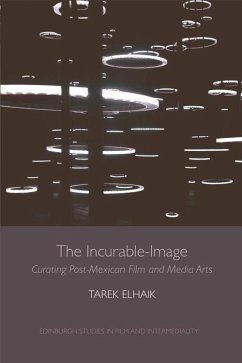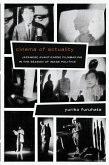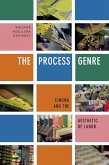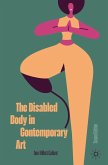From the 1990s onwards the 'ethnographic turn in contemporary art' has generated intense dialogues between anthropologists, artists and curators. While ethnography has been both generously and problematically re-appropriated by the art world, curation has seldom caught the conceptual attention of anthropologists.Based on two years of participant-observation in Mexico City, Tarek Elhaik addresses this lacuna by examining the concept-work of curatorial platforms and media artists. Taking his cue from ongoing critiques of Mexicanist aesthetics, and what Roger Bartra calls 'the post-Mexican condition', Elhaik conceptualises curation less as an exhibition-oriented practice within a national culture, than as a figure of care and an image of thought animating a complex assemblage of inter-medial practices, from experimental cinema and installations to curatorial collaborations. Drawing on Gilles Deleuze and Paul Rabinow, the book introduces the concept of the 'Incurable-Image,' an antidote to our curatorial malaise and the ethical substance for a post-social anthropology of images.
Dieser Download kann aus rechtlichen Gründen nur mit Rechnungsadresse in A, B, BG, CY, CZ, D, DK, EW, E, FIN, F, GR, HR, H, IRL, I, LT, L, LR, M, NL, PL, P, R, S, SLO, SK ausgeliefert werden.









